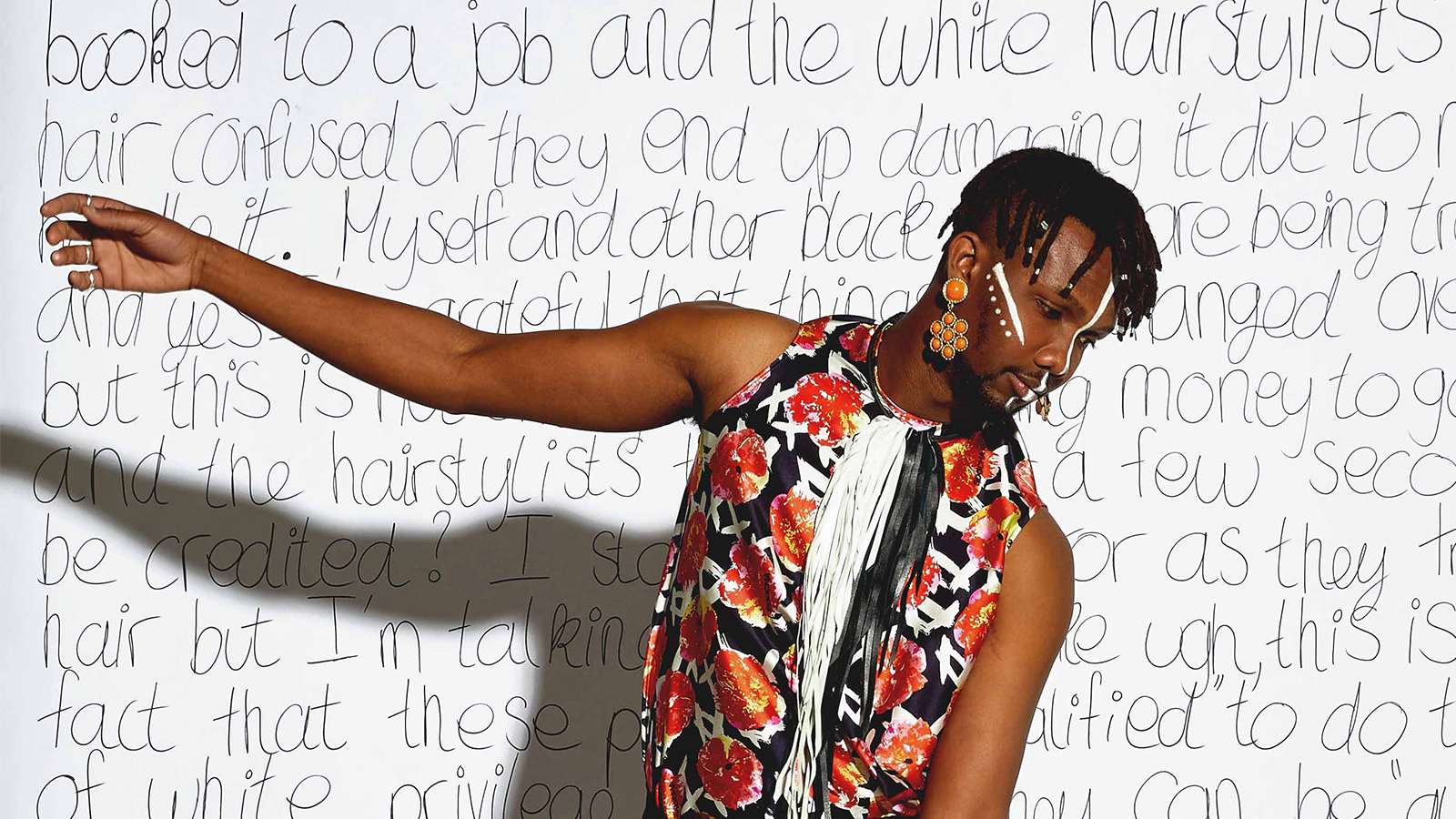
Fashion Design & Accessories
DUBAI
Become fully qualified in the latest fashion and accessories design techniques and expand your career options. Covering clothing and accessories design, these three-year full-time courses encourage individual style and creativity, while also offering the chance to become multi-skilled fashion designers. Participants begin by studying the language of ready to wear, progressing through all stages of the design process including hand sketching, fashion illustration and digital design, as well as pattern making, pattern cutting and construction, right through to the finished garment or product – through a deep study of all the steps in collection development.



MODULE 1 – BASIC DESIGN
Focusing on insights taken from the history of applied arts, the course provides students with the opportunity to investigate the intrinsic added values and characteristics of accessories, garments or fashion products, understanding how to design items that create desire. Participants are encouraged to learn the principles of fashion illustration and human body silhouette and rendering techniques through the use of specific digital tools.
MODULE 2 – HISTORY OF APPLIED ARTS
The study of fashion and costume history aims to convey the evolution of trends that have inspired the major fashion designers around the world. This unit allows students to get an overview of the materials and manufacturing techniques for fashion products, thus applying this knowledge to the design of a fashion collection.
MODULE 3 – IMAGE DIGITAL PROCESSING
This course allows students to increase their familiarity with digital tools and representation methods for image processing, together with rendering techniques for fabrics and patterns, therefore enhancing both the artistry of their fashion illustrations and the accuracy of technical drawings for collection design.
MODULE 4 – FASHION DESIGN REALIZATION
This level allows students to realize a selection of key garments taking into consideration the latest fashion trends, the evolution of market needs and the fundamentals of pattern cutting. Participants prepare their portfolio of creative ideas and develop a personal style in lay out design and visual storytelling for fashion.
MODULE 5 – HISTORY & CRITICISM OF CONTEMPORARY FASHION
This course focuses on fashion design and accessories, covering the history and criticism of contemporary fashion. It includes practical fashion design realizations and visual research to align with the latest market trends. Students learn to create innovative designs, understanding the cultural and social forces driving change in the fashion industry.
MODULE 6 – VISUALIZATION TECHNIQUES
This course focuses on visualization techniques for fashion design and accessories, covering visual research to align with the latest market trends. Students learn to create compelling portfolios, showcasing their innovative designs. Emphasis is placed on understanding and applying contemporary trends to develop a strong, market-driven visual identity.
MODULE 7 – FASHION COLLECTION DESIGN
This course focuses on fashion collection design, covering fashion design realization and pattern making. It explores the history of contemporary design to inspire designers, encouraging them to draw from the past while embracing a multidisciplinary approach. Students learn to create innovative designs by integrating diverse influences and techniques.
MODULE 8 – PROTOTYPING
This course focuses on prototyping for fashion design and accessories, covering fashion design realization and pattern making. It includes visual research and garment construction, teaching students to bring their designs from concept to tangible prototypes. Emphasis is placed on precision, creativity, and alignment with current fashion trends.
MODULE 9 – SOCIOLOGY, ANTHROPOLOGY AND PSYCHOLOGY OF FASHION
This course focuses on fashion design and accessories, covering sociology, anthropology, and psychology of fashion. It includes product design and fashion project communication. Students explore the cultural and social influences on fashion, develop innovative designs, and learn effective communication strategies to convey their fashion projects to diverse audiences.
MODULE 10 – MODELLING
This course focuses on fashion design and accessories, covering modeling, product design, and garment construction. It includes fundamentals of economics to understand how to run a fashion brand and manage financial operations in a fashion company. Students gain practical design skills and essential business knowledge to succeed in the fashion industry.
MODULE 11 – FASHION PROJECT COMMUNICATION
This course focuses on fashion design and accessories, covering fashion project communication, fashion collection design, and concept development for a collection plan. It includes communication tools and visualization techniques for portfolio design. Students learn to create cohesive collections, effectively communicate their ideas, and develop professional portfolios to showcase their work.
MODULE 12 – REALIZATION OF EXPERIMENTAL PROTOTYPES
This course focuses on fashion design and accessories, covering the realization of experimental garments and prototypes. It includes innovative pattern-making techniques and modeling for virtual fashion. Students explore creative garment construction methods, leveraging cutting-edge technology to design and visualize their fashion concepts in both physical and digital realms.

 Fashion Design & Accessories · Undergraduate Dubai
Fashion Design & Accessories · Undergraduate Dubai